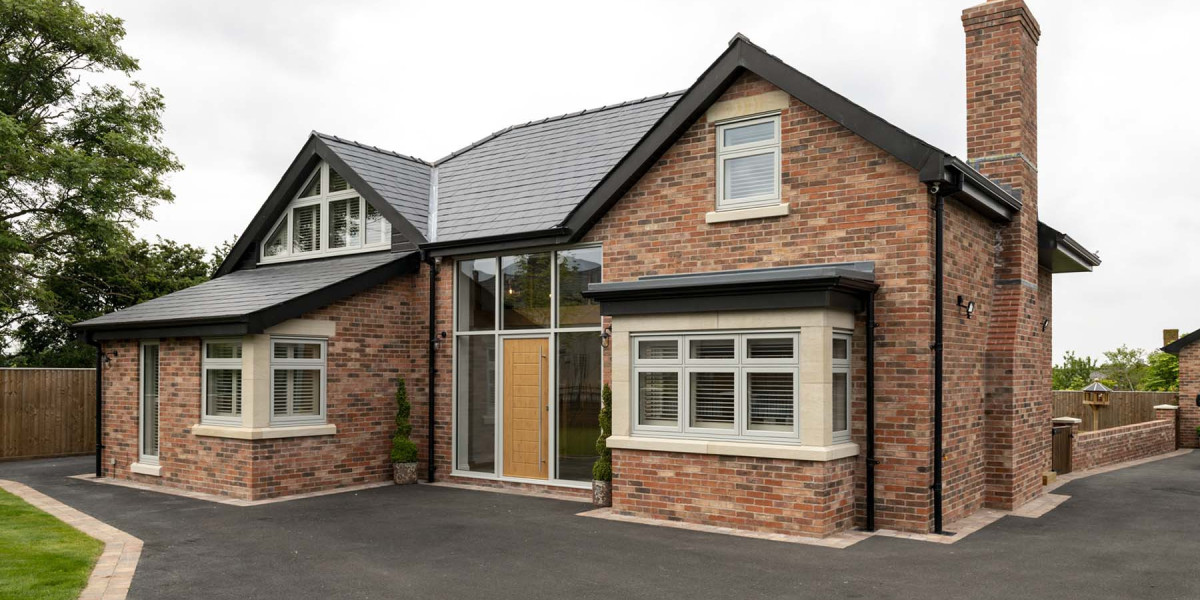
The Essential Guide to Oven Hobs: Selecting the Right One for Your Kitchen
When it pertains to home cooking, couple of appliances are as essential as the oven hob. This versatile piece of devices is important for a range of cooking approaches-- boiling, frying, simmering, and sautéing. Offered the myriad of alternatives readily available on the market, selecting the perfect oven hob for one's kitchen can be intimidating. This post intends to provide a thorough look at oven hobs, discussing their types, functionalities, benefits, disadvantages, and key factors to consider when buying one.
Comprehending Oven Hobs
oven on sales hobs, commonly referred to as cooktops, are flat cooking platforms that feature burners or heating aspects. They can be integrated with an oven or stand-alone. The option of an oven hob can significantly impact cooking performance and convenience.
Types of Oven Hobs
Oven hobs can be found in different types, each with special features. Below are the most typical types offered:
| Type | Description | Advantages | Downsides |
|---|---|---|---|
| Gas Hobs | Utilizes gas or lp | Immediate heat and exact temperature control; works well with all cookware | Requires a gas connection; less energy-efficient than electric |
| Electric Hobs | Use electric coils or glowing heat | Easy to clean; constant heat distribution | Slower to warm up; can be less responsive than gas |
| Induction Hobs | Uses magnetic fields to heat pots and pans straight | Fast cooking; energy-efficient; simple to tidy | Requires compatible cookware; normally more expensive |
| Ceramic Hobs | Flat glass-ceramic surface with radiant heat | Visually pleasing; easy to tidy | Can be susceptible to scratching; slower to heat than induction |
Key Features of Oven Hobs
When selecting an oven hob, several features must be taken into consideration:
Size & & Configuration: Available in numerous sizes, oven hobs can accommodate multiple pots and pans. Standard options are typically 30, 36, or 48 inches large.
Power Output: Look for hobs with differing power levels for different cooking procedures. High-powered burners are exceptional for boiling, while lower-power ones can be utilized for simmering.
Control Types: Choose in between knob controls and touch controls. Knobs provide tactile feedback, while touch controls use sleek styles and extra performances.
Security Features: Options like automatic shut-off, child locks, and flame failure devices are essential for preventing mishaps.
Relieve of Cleaning: Choose models with smooth surface areas or removable parts for simple upkeep.
Benefits and Disadvantages
Comprehending the benefits and drawbacks of various oven hobs can assist in making an informed decision.
Advantages
- Adaptability: Suitable for various cooking techniques, from boiling to frying.
- Speed: Many hobs heat quickly, especially induction models.
- Energy Efficiency: Some choices, like induction hobs, can lower energy consumption compared to traditional techniques.
Drawbacks
- Cost: High-end designs, particularly induction hobs oven, can be pricey.
- Setup: Gas hobs need professional setup and a gas supply, which may incur extra costs.
- Compatibility: Not all cookware deals with induction hobs, demanding extra purchases.
Purchasing Considerations
When choosing an oven hob, consider the following factors:
Cooking Style: Assess how typically and what kind of cooking you do to figure out the Best ovens hob type.

Kitchen Layout: Measure your kitchen space to guarantee the hob fits and matches other devices.
Spending plan: Determine just how much you want to spend. Factor in installation and the expense of any necessary cookware.
Energy Source: Evaluate the accessibility of natural gas or the electrical capacity of your kitchen to choose between gas and electric choices.
FAQs About Oven Hobs
Q1: What is the difference between a cooktop and an oven hob?A cooktop and an oven hob normally describe the very same device. Nevertheless,"cooktop "is a wider term that includes both standalone hobs and integrated units with ovens. Q2: Can I utilize any cookware on an induction
hob?No, induction hobs require ferrous( magnetic)pots and pans
to work. Cookware made from product like stainless steel or cast iron is suitable, while aluminum and copper without magnetic properties are not. Q3: How do I clean my oven hob properly?Cleaning techniques depend upon the kind of hob.
Usually, a wet cloth and mild detergent work for glass-ceramic surfaces, while a specific hob cleaner is perfect for induction. Gas hobs require disassembling burners for thorough cleansing. Q4: Are induction hobs safe for cooking?Yes, induction hobs are generally more secure than gas hobs as they do not produce an open flame,and the surface cools off rapidly. A lot of models likewise feature kid security locks. Q5: How typically ought to I change my oven hob?The life expectancy of an oven hob varies based upon the type and usage. Generally, they last around 10 to 15 years.
Routine maintenance can help extend this duration. Selecting the best hobs oven hob for your home can greatly enhance your cooking experience. With a thorough understanding of the types, features, advantages, and factors to consider, anyone can make an educated option. From the high heat of gas to the effectiveness of induction, there is a hob fit to every cooking need. Eventually, the ideal oven hob can change cooking from an ordinary job into an art kind, making it possible for cooking lovers to create scrumptious meals with ease.








